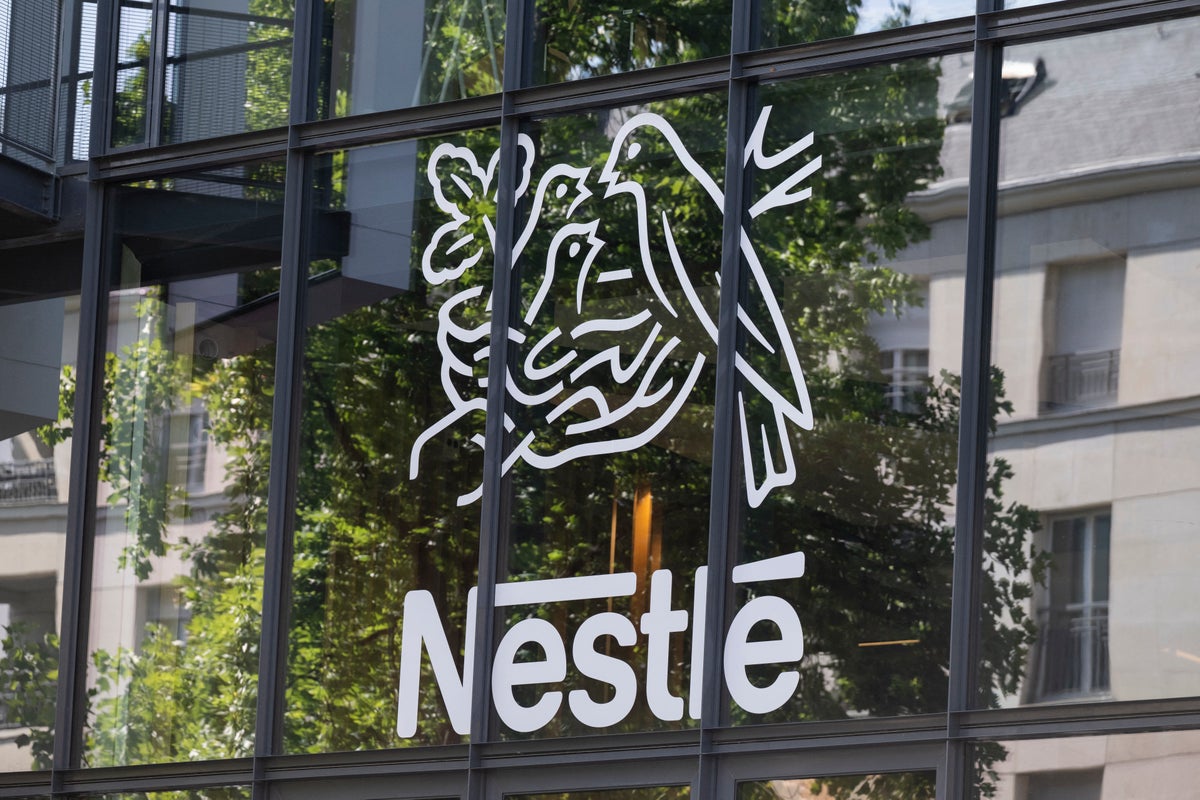
Nestle has announced plans to cut approximately 16,000 jobs globally over the next two years, as the consumer goods giant turns to automation to reduce costs.
The company’s boss stated it needed to "change faster" and secure its future "as a leader in our industry."
Around 12,000 of these reductions will affect "white-collar professionals" across various business functions and geographies.
This restructuring is anticipated to save the firm around one billion Swiss francs (£940 million) annually by the end of 2027.
It was also targeting a further 4,000 job cuts across its manufacturing and supply chain.

Nestle, which makes household food brands such as KitKat, Nescafe, and Cheerios, had about 270,000 staff last year.
The Swiss firm said it wanted to focus on being a more efficient organisation, including automating more of its work processes.
Its total cost-savings target, which incorporates the workforce cuts, has risen to three billion Swiss francs (£2.8 billion), up from a previous 2.5 billion Swiss francs (£2.3 billion).
Philipp Navratil, Nestle’s chief executive, said: “The world is changing, and Nestle needs to change faster.
“This will include making hard but necessary decisions to reduce headcount over the next two years. We will do this with respect and transparency.
“The actions we are taking will secure Nestle’s future as a leader in our industry.
“Collectively, they will enable us to improve our overall performance and deliver shareholder value.”
Mr Navratil also said the company would be “prioritising the opportunities and businesses with the highest potential returns”.
The chief executive replaced former boss Laurent Freixe who was dismissed last month after an investigation into an undisclosed romantic relationship with an employee.
Credit Suisse loses 440 million US dollar claim against SoftBank Group
TikTok accused of ‘sacrificing online safety’ amid AI-driven job cuts
Asian shares advance and oil prices fall as Israel and Hamas agree to pause fighting
UK economy sees weaker-than-expected growth in August after July contraction
Chancellor facing further Budget challenges after muted economic growth







